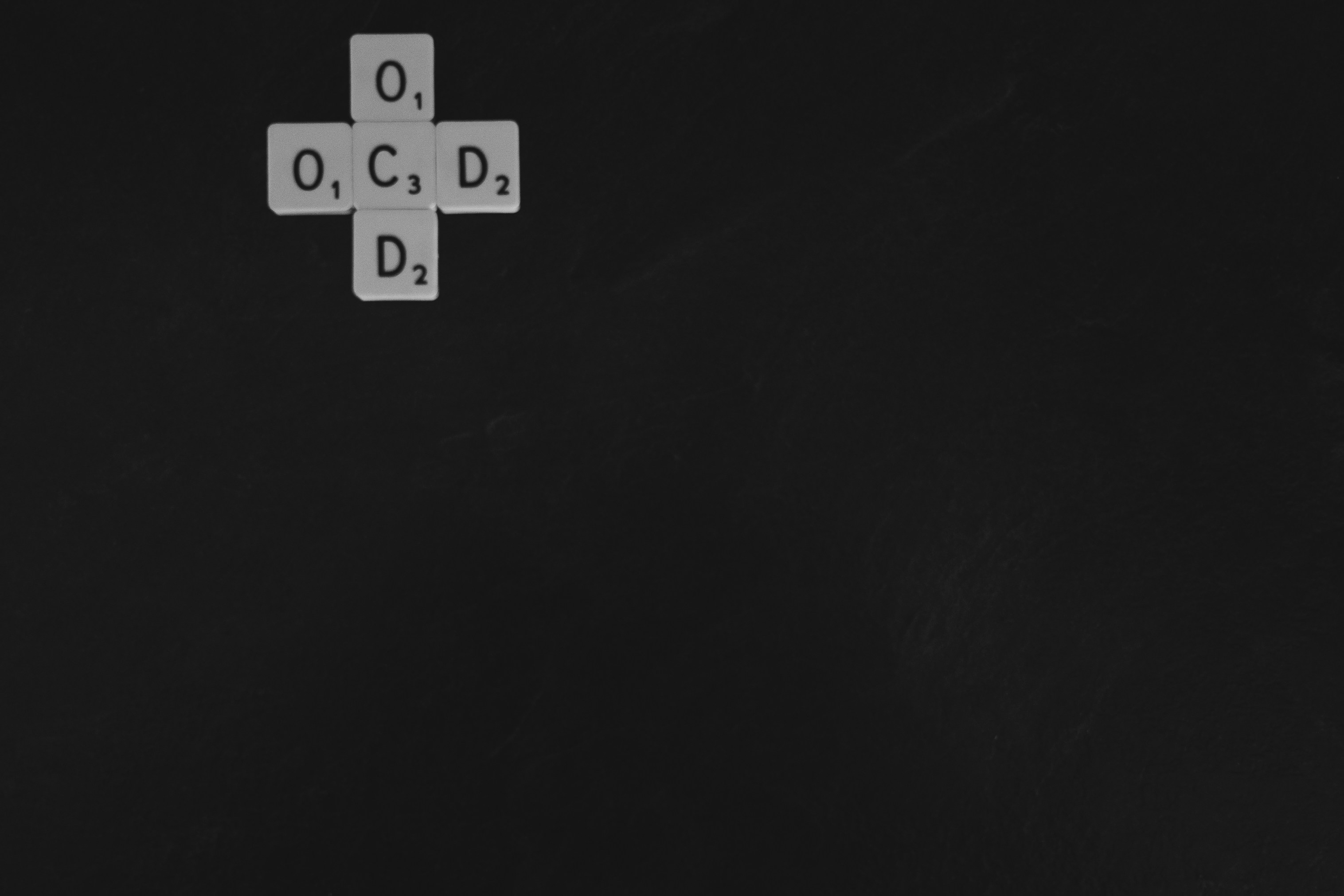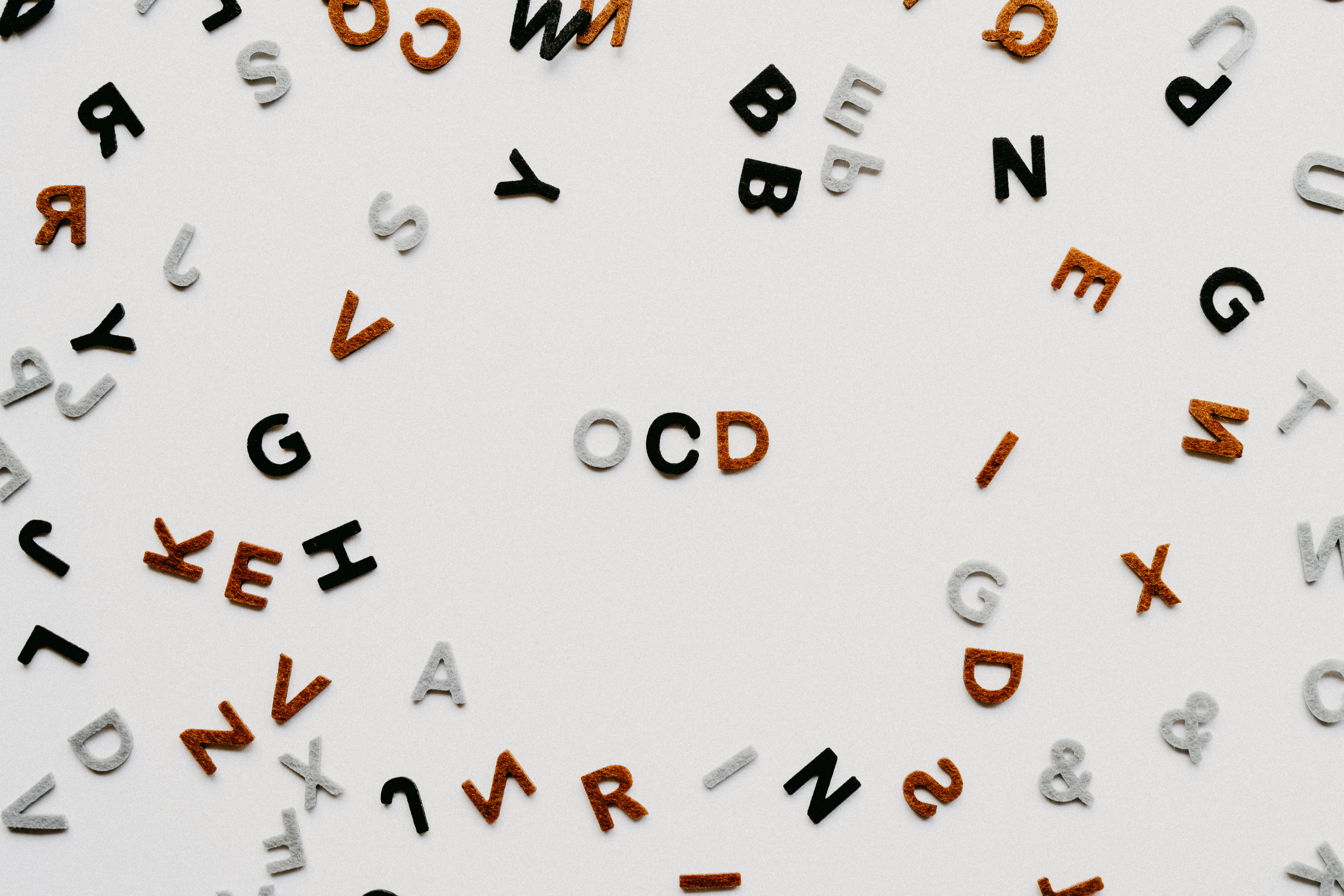Understanding OCD: Causes, Symptoms, and Treatment
Learn about OCD: causes, symptoms, and treatment options. Explore how OCD affects daily life and discover effective coping strategies. Find hope and support for managing OCD.
Welcome! In this article, you will learn about the causes, symptoms, and treatment options for obsessive-compulsive disorder (OCD). We will discuss what OCD is, what triggers it, and the different ways it can manifest in individuals. We will also explore the common symptoms of OCD, including intrusive thoughts and compulsive behaviors, and how they can impact daily life. Lastly, we will delve into various treatment approaches for managing OCD, such as therapy and medications.
Understanding OCD
What is OCD?
Obsessive-compulsive disorder (OCD) is a chronic mental health condition characterized by recurring, unwanted thoughts (obsessions) and repetitive behaviors (compulsions). These obsessions and compulsions often cause distress and significantly interfere with daily activities and relationships.
Prevalence of OCD
OCD affects people of all ages, genders, and backgrounds. It is estimated that around 2.3% of the global population has OCD at some point in their lives. This makes it one of the most common mental health disorders worldwide.
Importance of Understanding OCD
Understanding OCD is crucial for several reasons. Firstly, it helps break down the stigma surrounding the condition, leading to greater acceptance and support for individuals living with OCD. Additionally, understanding OCD allows for better identification and diagnosis, leading to more effective treatment strategies. Finally, understanding OCD enables individuals to educate themselves and others about the condition, promoting awareness and empathy.
Causes of OCD
While the exact cause of OCD is still unknown, research suggests that a combination of biological, genetic, neurological, and environmental factors contribute to the development of the disorder.
Biological Factors
Imbalances in certain neurotransmitters, particularly serotonin, are believed to play a role in the development of OCD. Serotonin is involved in regulating mood, sleep, and anxiety, and alterations in its levels can lead to an increased risk of developing the disorder.
Genetic Predisposition
There is evidence to suggest that OCD has a genetic component. Studies have shown that individuals with a family history of OCD are more likely to develop the condition themselves. However, it is important to note that genetics alone do not determine the development of OCD, and other factors also play a significant role.
Neurological Abnormalities
Some individuals with OCD show abnormalities in certain brain regions, such as the orbitofrontal cortex, anterior cingulate cortex, and basal ganglia. These abnormalities may impact the brain’s circuitry involved in decision-making, impulse control, and habit formation, which are all relevant to OCD symptoms.
Environmental Triggers
Stressful life events, trauma, and childhood experiences can also contribute to the development of OCD. Certain triggers, such as illness, relationship difficulties, or major life changes, may activate or exacerbate existing OCD symptoms.
Symptoms of OCD
Obsessions and compulsions are the hallmark symptoms of OCD.
Obsessions
Obsessions are intrusive, unwanted thoughts, images, or urges that cause significant distress. Common obsessions include fears of contamination, excessive concern with symmetry or order, intrusive thoughts about violence or harm, and religious or sexual obsessions.
Compulsions
Compulsions are repetitive behaviors or mental acts performed as a response to obsessions. These behaviors are often aimed at preventing harm, reducing anxiety, or bringing about a sense of control. Examples of compulsions include excessive handwashing, checking locks and appliances repeatedly, counting, and arranging objects in a specific order.
Common Obsessions and Compulsions
While obsessions and compulsions can vary greatly from person to person, certain themes are commonly seen in individuals with OCD. These include contamination fears and cleanliness rituals, symmetry and ordering rituals, hoarding, checking rituals, and intrusive thoughts related to morality or harm.
Diagnosing OCD
Diagnosing OCD involves a comprehensive assessment and evaluation by a mental health professional.
Diagnostic Criteria
The Diagnostic and Statistical Manual of Mental Disorders (DSM-5) outlines the criteria for diagnosing OCD. To be diagnosed with OCD, an individual must have both obsessions and compulsions that cause significant distress, take up a significant amount of time, and interfere with daily functioning.
Assessment and Evaluation
A mental health professional will conduct a thorough assessment, including a clinical interview and psychological testing, to determine the presence and severity of OCD symptoms. They may also inquire about the duration and impact of symptoms on various areas of life.
Differential Diagnosis
It is important to differentiate OCD from other mental health conditions, as the symptoms can overlap. Conditions such as generalized anxiety disorder, specific phobias, or body dysmorphic disorder may share similarities with OCD. A differential diagnosis ensures accuracy in treatment planning and intervention strategies.
Effects of OCD on Daily Life
OCD can have a significant impact on daily life, affecting various areas including work, relationships, and emotional well-being.
Interference with Daily Activities
The intrusive thoughts and time-consuming rituals associated with OCD can make it challenging to perform routine daily activities. Simple tasks may take longer due to compulsive behaviors, causing distress and frustration.
Impact on Relationships
OCD can strain relationships, as compulsions can be disruptive, time-consuming, and frustrating for both the individual with OCD and their loved ones. Family members and friends may not understand the condition, leading to miscommunication and conflict.
Emotional and Psychological Effects
Living with OCD can take a toll on an individual’s emotional and psychological well-being. People with OCD often experience high levels of anxiety, depression, guilt, and shame. They may also feel isolated and misunderstood, leading to a decline in overall quality of life.
Types of OCD
OCD can present in various forms, and individuals may experience symptoms related to different themes.
Checking
Checking OCD involves persistent fears of harm or danger and compulsive checking behaviors to alleviate anxiety. This can include checking locks, appliances, or personal belongings repeatedly to ensure safety.
Contamination
Contamination OCD manifests as excessive fears of germs or toxins and compulsive cleaning or avoidance behaviors. Individuals may engage in frequent handwashing, avoiding public spaces, or using excessive amounts of hand sanitizers to prevent contamination.
Symmetry and Ordering
Symmetry and ordering OCD involves an intense need for symmetry, exactness, or arranging objects in a particular way. Individuals may spend excessive amounts of time arranging objects, aligning them symmetrically, or performing specific rituals to achieve a sense of order.
Hoarding
Hoarding OCD is characterized by the persistent difficulty discarding or parting with possessions. Individuals with hoarding OCD feel an intense desire to save items and often experience distress when faced with the prospect of getting rid of them.
Treatment Options for OCD
While OCD is a chronic condition, several treatment options can help individuals manage their symptoms effectively.
Cognitive-Behavioral Therapy (CBT)
CBT is considered the gold standard for treating OCD. It involves working with a therapist to identify and challenge irrational thoughts and beliefs related to OCD. Therapy sessions also focus on developing healthier coping mechanisms and reducing compulsive behaviors through exposure and response prevention (ERP).
Exposure and Response Prevention (ERP)
ERP is a specific technique used within CBT to help individuals gradually confront their obsessions and resist the urge to engage in compulsive behaviors. By repeatedly exposing themselves to anxiety-inducing situations and resisting the corresponding rituals, individuals can learn to diminish the power that OCD has over them.
Medication
Selective serotonin reuptake inhibitors (SSRIs) are commonly prescribed medications for OCD. These medications help regulate serotonin levels, reducing anxiety and the severity of symptoms. In some cases, a combination of CBT and medication may be recommended for optimal management of OCD.
Alternative and Complementary Treatments
In addition to conventional treatments, some individuals may find complementary therapies, such as mindfulness-based stress reduction, acupuncture, or herbal supplements, helpful in managing their OCD symptoms. It is important to discuss these options with a healthcare professional before incorporating them into a treatment plan.
Living with OCD
While living with OCD can be challenging, there are strategies and practices that can enhance coping and improve overall well-being.
Coping Strategies
Learning effective coping strategies is vital in managing OCD. Recognizing triggers, challenging obsessive thoughts, and employing relaxation techniques, such as deep breathing or meditation, can help reduce anxiety and distress.
Self-Care Practices
Self-care plays an essential role in managing OCD. Engaging in regular physical exercise, maintaining a balanced diet, practicing good sleep hygiene, and pursuing enjoyable activities can contribute to overall well-being and reduce the impact of OCD symptoms.
Building a Support System
Building a support system of understanding individuals who can provide emotional support and practical assistance is crucial for individuals with OCD. Support groups, therapy, and online communities allow individuals to connect with others experiencing similar challenges, reducing feelings of isolation and promoting a sense of belonging.
Managing OCD in Daily Life
Managing OCD in daily life involves developing routines and systems that can help individuals navigate their symptoms more effectively. This may include setting aside designated time to address OCD-related concerns, using organizational tools, or seeking professional guidance for difficult situations.
OCD and Co-occurring Conditions
OCD commonly co-occurs with other mental health disorders. Recognizing these associations is essential for effective diagnosis and treatment planning.
Anxiety Disorders
Anxiety disorders, such as generalized anxiety disorder or panic disorder, frequently coexist with OCD. These conditions share common features, including excessive worry and a preoccupation with perceived threats.
Depressive Disorders
Depressive disorders, such as major depressive disorder, may occur alongside OCD. The impact of OCD symptoms on daily life and relationships can contribute to the development of depressive symptoms.
Substance Abuse
People with OCD may turn to drugs or alcohol as a means of self-medication, as substances may temporarily alleviate anxiety or distress. Substance abuse exacerbates OCD symptoms and can lead to a dual diagnosis that requires specialized treatment.
Other Mental Health Disorders
OCD can also co-occur with other mental health disorders, such as attention-deficit/hyperactivity disorder (ADHD), eating disorders, or body dysmorphic disorder (BDD). Identifying and addressing these co-occurring conditions is crucial for comprehensive treatment.
Conclusion
Understanding OCD is essential for promoting awareness, empathy, and effective treatment strategies. OCD is a complex condition with biological, genetic, neurological, and environmental factors contributing to its development. Individuals with OCD experience intrusive thoughts, engage in repetitive behaviors, and face challenges in daily life. However, through various treatment options, coping strategies, and support systems, individuals with OCD can lead fulfilling lives while managing their symptoms. Seeking professional help and embracing the available resources is crucial, as there is hope for individuals with OCD to regain control and thrive.



